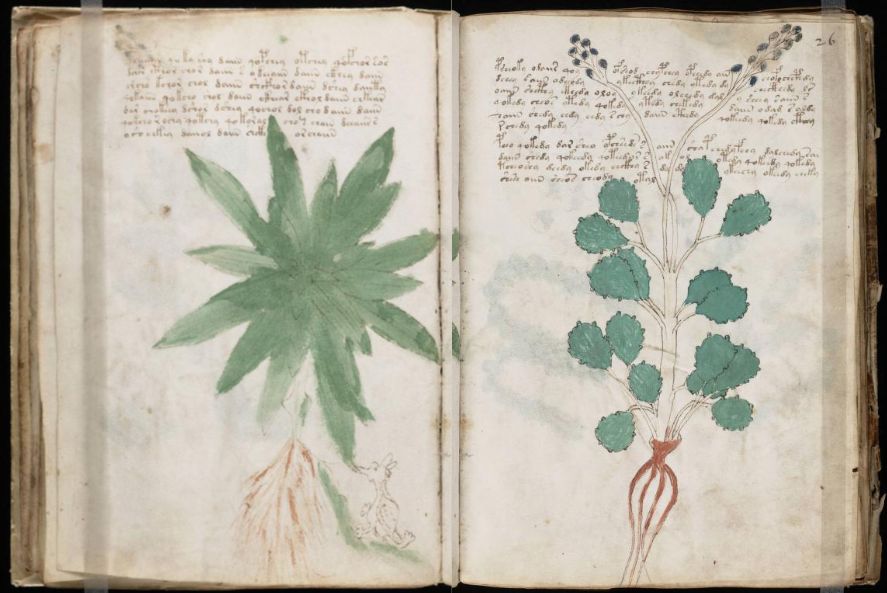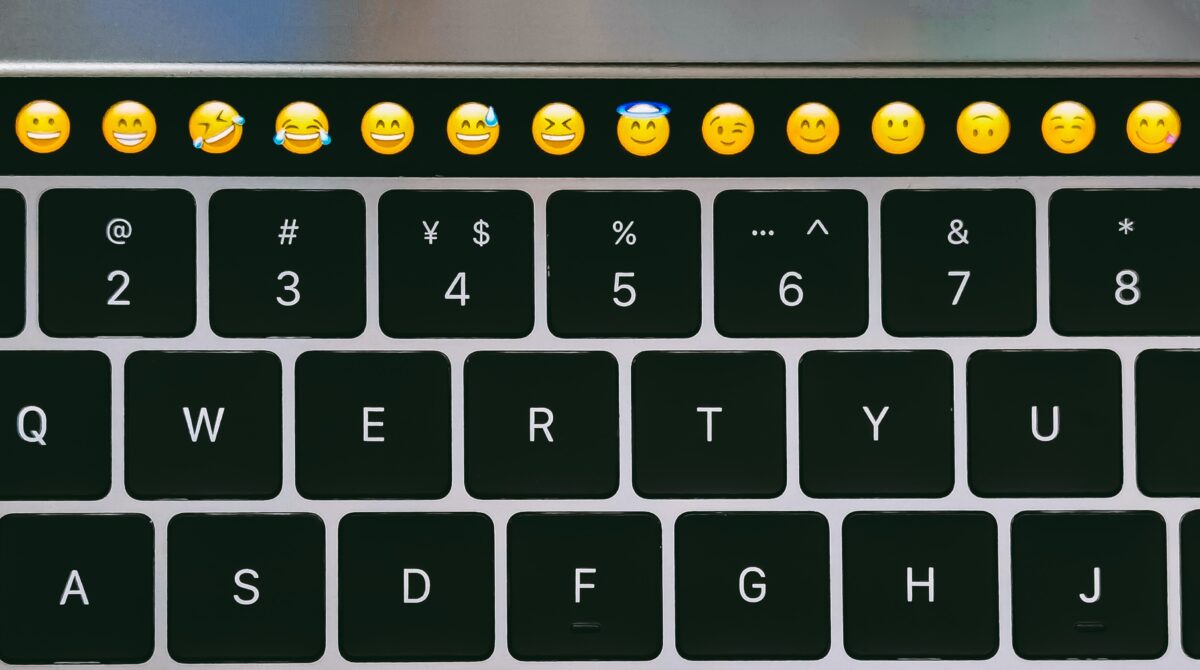Petrichor is a wonderful word that takes us to a world of pleasant senses. It was created in the 1960s and combines the Greek words “petra” (meaning “stone”) and “ichor” (representing the sacred liquid believed to flow in the veins of gods). This term describes the enchanting and earthy smell that fills the air when rain finally reaches the dry ground after a long period of drought.
Petrichor





